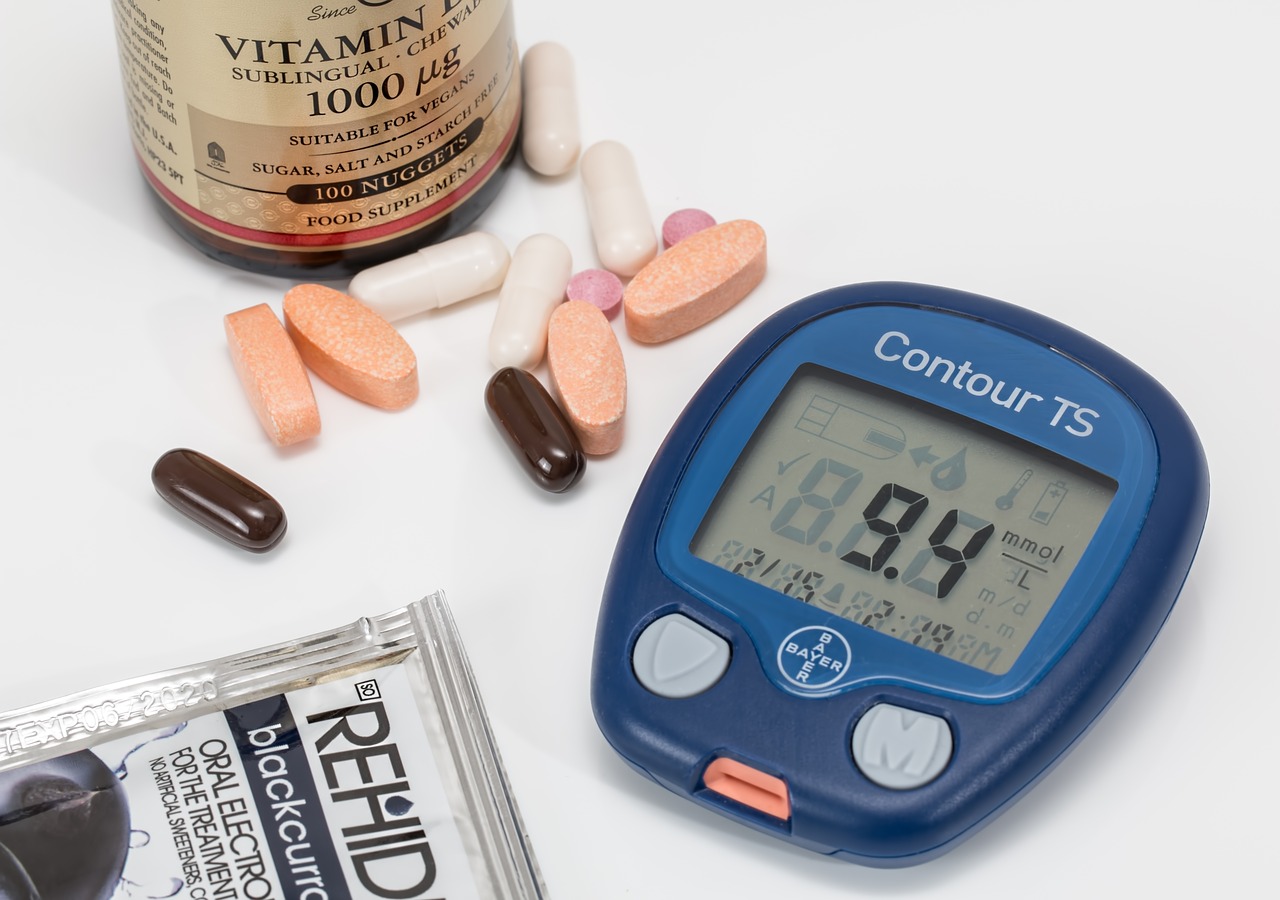In the latest National Diabetes Statistics Report for 2020, to the U.S. Center for Disease Control and Prevention (CDC) reported that diabetes affects 34.2 million Americans, which means that just over 1 in 10 has developed this disease. Furthermore, 88 million American adults, or approximately 1 in 3, have prediabetes. Such condition can lead to damage in the eyes, kidneys, nerves, and feet.
Besides, it puts patients at higher risk of heart attacks, strokes, and, most recently, of developing complications due to COVID-19. Hence, many have been asking the question: Can weight loss surgery at the Mexico Bariatric Center cure diabetes? Let us find out.
[ez-toc]
What is Bariatric Surgery?
It is an effective method, which is also known as weight loss surgery, used to treat people who are dangerously obese, particularly those having a body mass index (BMI) of 40 or above. Also, those who have a BMI of 35 but have other obesity-related health conditions.
Very often, these patients have tried and failed to achieve clinically beneficial weight loss by all other appropriate non-surgical methods, thus making them ideal for this surgery. The most effective of weight-loss surgery include gastric bypass and gastric sleeve.
Gastric Bypass Mexico, also called Roux-en-Y, is a technique that involves making the stomach much smaller and bypassing part of the small intestine. That is why this surgical procedure is commonly called Gastric Bypass.
Gastric Sleeve Mexico, also called sleeve gastrectomy, involves removing about 85 percent of the stomach, transforming it into a new tube shape resembling a sleeve or a banana
People with diabetes have a higher chance of experiencing severe complications from COVID-19
First, let us consider the background information. The novel coronavirus COVID-19 is caused by the SARS-CoV-2 virus. Unfortunately, it has spread quickly to more than 160 countries across the world. The spreading mechanism of the virus is primarily by the transmission of respiratory droplets between individuals.
The incubation time is, on average, 6 to 8 days, followed by 1 to 2 weeks of symptomatic disease. The main symptoms have a wide range, including coughing, fever, myalgia, and respiratory problems such as viral pneumonia and respiratory failure.
On the other hand, diabetes is a risk factor for hospitalization and mortality of COVID-19. In a study conducted to 52 intensive care patients, results showed that diabetes was comorbidity in 22% of 32 non-survivors. Another study led to 173 patients with severe disease, 16.2% had diabetes, and in further study of 140 hospitalized patients, 12% of them had diabetes.
If we compare intensive care and non-intensive care patients with COVID-19, results showed a twofold increase in the incidence of patients suffering from some form of diabetes at intensive care units. Furthermore, mortality seems to be about threefold higher in people with diabetes compared with the general mortality of COVID-19 in China, a country with a very low rate of diabetes.
According to the Mexico Bariatric Center, the number of comorbidities is a predictor of mortality in the novel coronavirus. Besides diabetes, the other common comorbidities are hypertension (20% of cases), cardiovascular disease (16%), and lung disease (6%). Certainly, patients with diabetes are a high-risk group for severe disease. However, this is not something new since diabetes was also a risk factor for severe complications in the previous SARS, coronavirus infections, and severe influenza A-H1N1 pandemic back in 2009.
Fortunately, the risk of getting severe complications from COVID-19 is likely to be lower if your diabetes is well-managed or put into remission. Clearly, when people with diabetes do not manage their diabetes well and experience fluctuating blood sugars levels, they are generally also at risk of other diabetes-related complications.
Consequently, having hypertension or other complications, in addition to diabetes, could worsen the chance of getting seriously ill from the SARS-CoV-2 virus, such as other viral infections. The reason for this fact is simply because your body’s ability to fight off an infection is extremely limited.
Finally, viral infections also dramatically increase inflammation in patients with diabetes. Usually, caused as well by high blood sugar levels, which in both cases, highly contribute to increased complications and more extended periods in the hospital.
Can bariatric surgery cure diabetes? Mexico Bariatric Center
The best weight loss surgeons will walk you through the benefits of bariatric surgery in Mexico. One of the most significant benefits is, of course, minimizing and, in some cases curing diabetes. We will discuss in the following paragraphs how it makes it possible.
After bariatric surgery at the Mexico Bariatric Center, such as gastric bypass, the small intestine will start producing the GLUT-1 molecule that enables the body to use glucose more effectively. Interestingly, this molecule is usually not present in only in newborns, not on an adult’s intestine. However, since with gastric bypass, the stomach is bypassed, and the food is taken directly into the intestine. Thus, increasing the intestine’s mechanic stress is increased. As a result, this contributes to the production of GLUT-1, a fantastic molecule that counteracts the effects of diabetes.
Moreover, since with both gastric sleeve and gastric bypass surgeries, the body’s glucose levels improve dramatically, it will progressively decrease any high blood sugar levels in the body. Amazingly, the process of disease reduction or remission begins even before substantial weight loss starts to be apparent. In time, as more of excess body weight is achieved, it contributes significantly to the end and cure of the disease. Of course, this is possible when all the post-up guidelines and instructions are followed.
Let us take it a step further and discuss a study conducted in the United Kingdom. It is the most significant recent investigation of bariatric surgery – spanning around four years in nearly 8,000 patients – in the U.K.
The researchers conducted the study to 3,882 patients who underwent some type of weight-loss surgery and compared it to the same number of people who have not done so. Specifically, they focused on the patients who chose gastric bypass, sleeve gastrectomy, and gastric banding, such as the ones conducted at Mexico Bariatric Center. In all of them their results had a dramatic and sustained (permanent) weight loss of between 44 and 105 libs. Consequently, these patients significantly lowered the risk of developing type 2 diabetes, angina, heart attacks, and high blood pressure.
On the other hand, the condition of those who already had diabetes improved substantially. Furthermore, 60% were able to stop the treatment and medication to control its adverse effects. Therefore, many patients are choosing to undergo weight loss surgery in the time of COVID-19.
Health & Wellness Bazaar is the best Mexico Bariatric Center that has helped many patients to overturn the adverse effects of diabetes through weight loss surgery. We are available to answer any questions or concerns at (858) 779 2552. Call us today!









